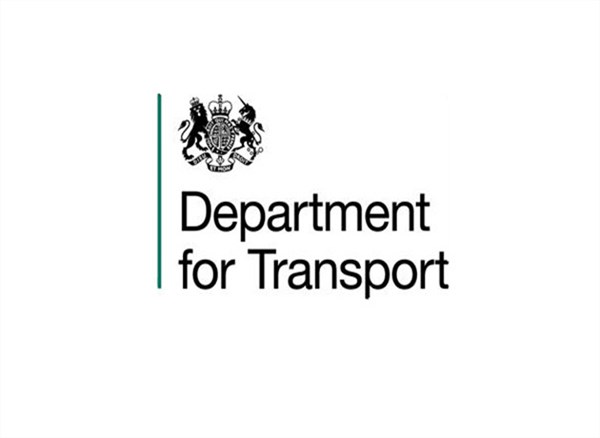BSIP funding announced
Posted by
Chris Peat on Mon 4th April 2022 - 12:42PM |
No Comments
Thirty-one counties, city regions and unitary authorities have been chosen for the Government’s
Bus Service Improvement Plan (BSIP) funding.
The successful areas have been chosen because of their ambition to repeat the success achieved in London, according to the Government. In its announcement of the BSIP allocation, the DfT said areas not showing ‘sufficient ambition’, including for improvements to bus priority, would not be funded.
Areas among those set to receive funding today to help deliver on their Bus Service Improvement Plans include Portsmouth Stoke-on-Trent, Greater Manchester, West Yorkshire, the West Midlands, Liverpool City Region, North East and North of Tyne Combined Authorities, Reading, Norfolk, Luton, York and Warrington.
The indicative BSIP funding allocations are:
- Blackburn with Darwen and Lancashire: £34.2m
- Bournemouth, Christchurch and Poole: £8.9m
- Brighton and Hove: £27.9m
- Central Bedfordshire: £3.7m
- City of York: £17.4m
- Cornwall (including Isles of Scilly): £13.3m
- Derby City: £7m
- Derbyshire: £47m
- Devon: £14.1m
- East Sussex: £41.4m
- Greater Manchester: £94.8m
- Hertfordshire: £29.7m
- Kent: £35.1m
- Liverpool City Region: £12.3m
- Luton: £19.1m
- Norfolk: £49.6m
- North East and North of Tyne: £163.5m
- North East Lincolnshire: £4.7m
- Nottingham City: £11.4m
- Nottinghamshire: £18.7m
- Oxfordshire: £12.7m
- Portsmouth: £48.3m
- Reading: £26.3m
- Somerset: £11.9m
- Stoke-on-Trent: £31.7m
- Warrington: £16.2m
- West Berkshire: £2.6m
- West Midlands: £87.9m
- West of England and North Somerset: £105.5m
- West Sussex: £17.4m
- West Yorkshire: £70m
Mayoral combined authorities will also receive money for buses from the £5.7bn City Region Sustainable Transport Settlements, which are also confirmed today.
Improvements in the pilot area, Cornwall, will start next week, funded by £23.5m from the Government. From Sunday 10 April, most bus fares in the county will be slashed, with short hop fares down by 20%, longer journeys costing up to 40% less and some bus passes cut by almost half. Passes for unlimited bus travel across Cornwall will cost £5 per day (down from £9) or £20 per week.
Transport Secretary, Grant Shapps, said: “Buses are the most popular way of getting around in this country – but for too long people outside of London have had a raw deal.
“The investment we’re making today to ramp up the bus revolution will drive down fares at a time when people’s finances are tight and help connect communities across England.”
The Government is also confirming £5.7bn in funding to level up local bus, tram, rail, walking and cycling networks in England’s eight city regions.
A CPT spokesperson said: “Today is an important milestone in the Government’s National Bus Strategy. Operators are ready to engage with successful local authorities to deliver their joint plans for improvement in bus services as quickly as possible to help deliver important goals such as the drive to net zero and economic growth across the country.
“It is important that we remember though that there will be millions of passengers left disappointed by today’s announcement as their local area missed out on funding. It’s vital that the Government now clearly sets out future funding plans and policy initiatives for delivering its National Bus Strategy, including measures to reduce car use. This will ensure that today’s announcement is the beginning not the end of plans to improve bus services across the country. A good place to start would be to confirm funding for the industry’s plan to deliver simpler and price capped ticketing across the country – a move that would improve bus services for passengers everywhere.”


